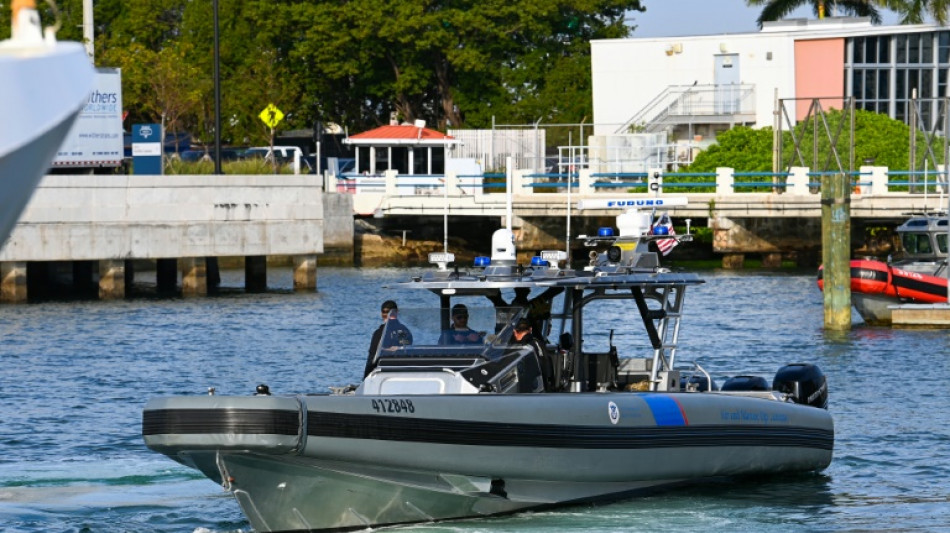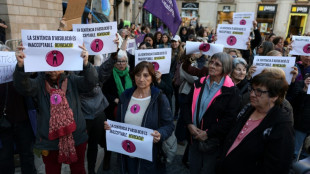

US Coast Guard searches waters off Puerto Rico after boat capsizes
US Coast Guard authorities searched waters off Puerto Rico Friday after a boat carrying more than 20 people capsized in the second migrant smuggling accident in a week.
The Coast Guard said it received a call around 1:00 am (0500 GMT) reporting people in the water off the northwest coast of the US territory in the Caribbean.
They had been aboard a makeshift vessel carrying out a suspected human trafficking trip to Puerto Rico, the Coast Guard said in a statement.
The boat flipped over about 70 meters (yards) off a beach in the town of Isabela. The caller said multiple people were seen running inland from the water.
Authorities in Puerto Rico detained 12 of those migrants, whose nationality has yet to be determined.
Survivors said there were 27 people on the boat, the Coast Guard statement said.
"Border Patrol authorities continue to work to determine how many people were actually on the vessel and how many others made it safely to shore," it added.
A rescue helicopter is looking for possible survivors in the area of the accident.
On Thursday, the Coast Guard called off a search for 34 people missing from a boat that capsized off Florida after hitting rough water on a suspected human smuggling trip from the Bahamas.
Five bodies have been recovered from that tragedy.
The Coast Guard said Sunday it persistently patrols waters around Haiti, the Dominican Republic, Cuba, Puerto Rico and the Bahamas "to help prevent loss of life on the high seas."
Last Friday, 32 people were rescued after a boat capsized five miles west of Bimini in the Bahamas in another suspected human smuggling attempt, according to the US Coast Guard and the Royal Bahamas Defence Force.
Spikes in the number of people trying to reach the United States from the Caribbean have accompanied upheavals in the region.
US authorities noted an increase in migration from Cuba by sea in recent months. In July, the country saw scores of demonstrations triggered by economic strife, medical and food shortages and anger at the government.
C.Abatescianni--IM



